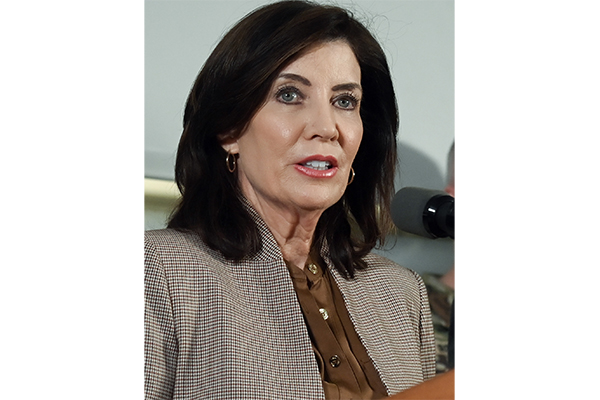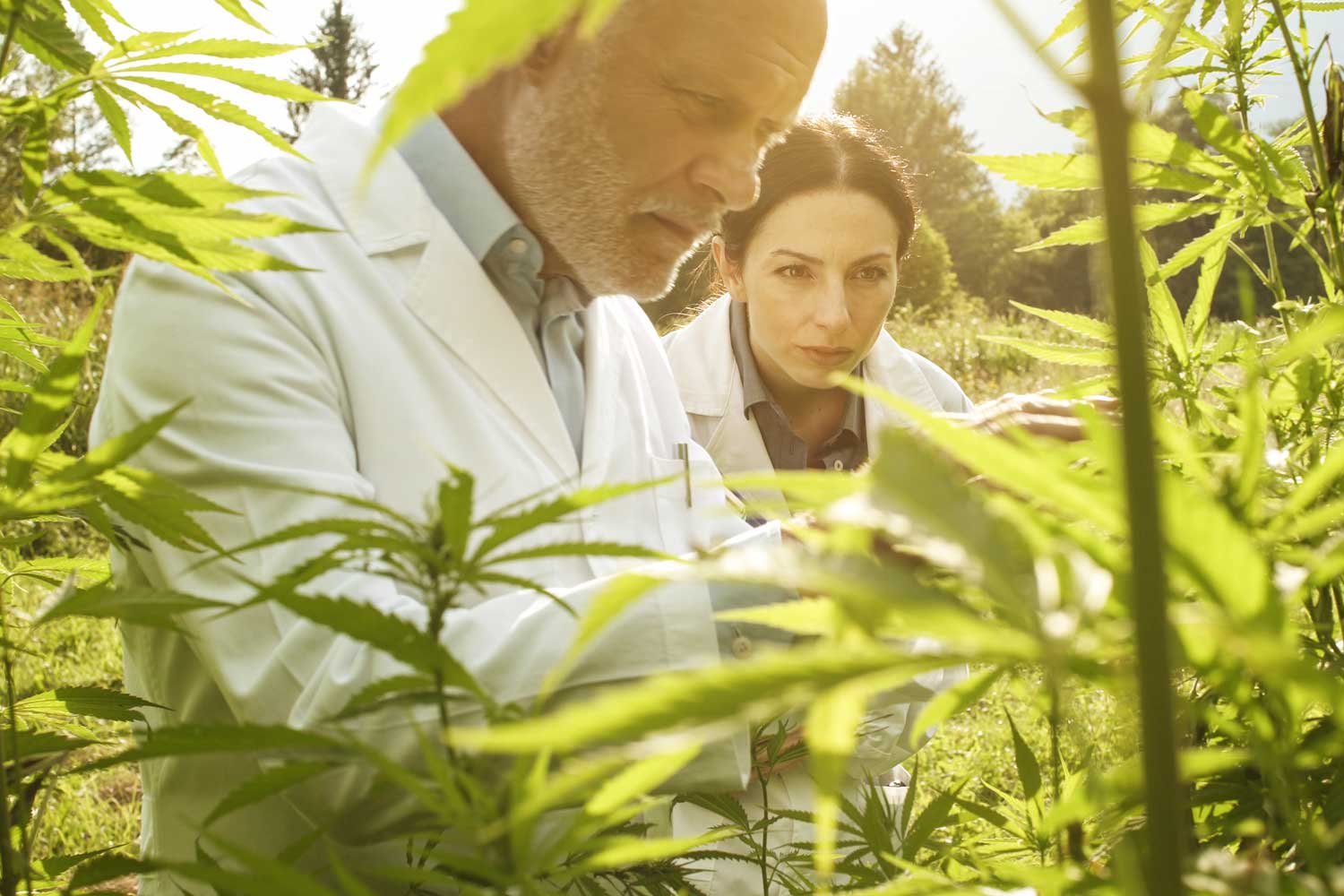Chicago Atlantic announced it acted as joint lead arranger and administrative agent on a senior secured credit facility for S1 Enterprises—the parent company of vertically integrated cannabis operator Illicit—with operations in Missouri and New Jersey. Proceeds will finance the sale of 100% of the company’s equity to an Employee Stock Ownership Plan, making Illicit a 100% employee-owned S Corporation and creating a long-term ownership pathway for more than 500 employees. The ESOP structure is expected to enhance cash flow through tax-exempt status and support continued growth, investment, and employee benefits across the company’s operations.
Tag: illicit
-

Indonesia Considers Special Tax for Illegal Cigarettes
Indonesia’s government proposed introducing a special excise tariff for illegal cigarettes as a way to curb illicit trade and boost state revenue, but the plan has sparked concern among industry players over potential market distortions and policy uncertainty. Finance Minister Purbaya Yudhi Sadewa said details are still being finalized, explaining the measure would mainly target small-scale local cigarette producers, while foreign illicit products would continue to face strict enforcement. He estimated that formalizing illegal production could generate trillions of rupiah in additional revenue, though discussions on fiscal impacts are ongoing and will require approval from the House of Representatives, a process that could take time, according to The Jakarta Post.
-

Sri Lanka Cracking Down on Beedi to Boost Tax Revenue
Sri Lanka’s Excise Department warned that anyone transporting beedi leaves (i.e. cheap, flake tobacco) without official transport permits will face immediate legal action, as authorities move to tighten enforcement against illegal production. Deputy Minister of Economic Development U. D. Nishantha Jayaweera said enforcement has been lax in the past, but new instructions have been issued to strengthen controls. While current tax revenue from domestically produced beedi stands at around 1–1.5 billion rupees ($3.4 million to $4.8 million), he said proper tax collection could raise this figure to nearly 15 billion rupees ($48 million). The government plans to introduce new measures to boost revenue and curb the untaxed, illegal manufacture of beedi.
-

Australian Officials Seize $1.1M in Illegal Tobacco Products
Two men in Australia have been charged following the seizure of more than A$1.6 million ($1.1 million) worth of illegal tobacco and vaping products during a joint law enforcement operation in Sydney’s southwest district.
Police executed a search warrant at a Riverwood warehouse January 19, seizing 40,000 branded cigarettes, more than 600 kg of molasses tobacco, loose-leaf tobacco, nicotine pouches, vapes, and other assorted cigarettes, along with mobile phones and electronic devices. A 44-year-old man was arrested at the premises and charged with possessing a commercial quantity of vaping goods, while a 26-year-old man was arrested nearby and charged with dealing with the proceeds of crime and possession of a prohibited weapon after police allegedly found cash and an electronic stun device in his vehicle.
-

NY Gov. Vows Crackdown on Illicit Vapes
New York Governor Kathy Hochul announced plans to crack down on illegal flavored vapes by directing the state Department of Taxation and Finance to establish a Vapor Products Registry identifying which products may be legally sold in the state. Hochul said that despite state and federal bans enacted in 2020, an estimated 99% of vapes currently on the New York market are flavored and lack FDA authorization, with many manufactured in China and marketed toward youth. The registry, already used in more than a dozen states, is intended to give law enforcement clear authority to seize unlisted products, disrupt illicit supply networks, and support legitimate retailers, as agencies including the NYPD and NYC Sheriff’s Office have increasingly found illegal vapes linked to broader criminal activity.
“New York is the capital of illicit nicotine trafficking, and these illegal Chinese flavored vapes have made a bad situation even worse,” said former New York City Sheriff Edgar Domenech, who created the Big Apple enforcement strategy targeting illegal cigarette and tobacco sales under then-Mayor Mike Bloomberg. “Creating a clear vapor products registry gives law enforcement the information and transparency they need to quickly identify contraband, protect our children, and shut down bad actors who are almost always involved in dangerous, violent crime.”
-

Australia Hoping Enforcement Will Curb Illicit Tobacco Crisis
Western Australia is moving to significantly strengthen its response to the illicit tobacco trade, announcing the creation of a dedicated taskforce led by WA Police Superintendent Steve Post, newly appointed as the state’s “illicit tobacco czar.” The government says the initiative is a response to escalating criminal activity linked to illegal tobacco, including arson attacks, firebombings, and drive-by shootings targeting retail outlets across Perth and regional areas. Estimates suggest illicit cigarettes now account for at least half of Australia’s tobacco market, costing taxpayers up to A$11.8 billion ($7.9 billion) annually.
The taskforce will sit within the Department of Health and draw on a mix of retired officers and serving police transitioning from frontline duties, to tighten compliance and enforcement under tougher tobacco laws currently being drafted. An initial A$5 million ($3.4 million) funding allocation will boost the Tobacco Compliance Unit to around 40 full-time equivalent staff, with new powers expected to allow authorities to immediately shut down non-compliant premises.
The WA move mirrors intensifying crackdowns in other states, particularly New South Wales, where the Minns government has launched dozens of raids, confiscated illicit cigarettes and vapes, and issued 90-day and longer closure orders. However, industry observers and local governments warn that enforcement alone is struggling to keep pace with the scale of the black market, as, for example, law loopholes allow shuttered tobacco retailers to reopen nearby under generic “shop” or “retail premises” classifications, undermining enforcement efforts.
Public policy critics and harm reduction advocates argue the crisis reflects deeper structural failures rather than a lack of enforcement. The Coalition of Asia Pacific Tobacco Harm Reduction Advocates has told a Senate inquiry that Australia’s illicit tobacco problem is the predictable outcome of restrictive policies that eliminated legal access to safer nicotine alternatives while demand persisted.
-

Lithuania Destroys Record Amount of Illicit Tobacco
Lithuania’s Customs Department said it destroyed a record volume of seized goods in 2025, including large quantities of illicit tobacco and alcohol as well as narcotic and psychotropic substances. Customs officials destroyed more than 150 million cigarettes, nearly 40,000 kg of tobacco, and about 1,600 liters of alcoholic beverages, along with 755 kg of narcotic and psychotropic substances, including 498 kg of heroin, underscoring an intensified crackdown on threats to public health and market integrity.
In addition to drugs and excisable goods, customs authorities destroyed nearly 113,000 items infringing intellectual property rights, such as counterfeit clothing and footwear. Officials said the scale of the destruction reflects sustained enforcement efforts aimed at reducing health and safety risks while protecting fair competition. Separately, Lithuanian Customs sold non-EU goods that had not been cleared for free circulation, raising a total of €973,000 through 33 tenders and 132 electronic auctions, with proceeds split between auctions, tenders, and smaller trust transfers.
-

Cambodian Police Bust ‘Aladdin’s Cave’ of Illicit Vapes
Cambodian authorities seized more than 300,000 vaping and smoking-related devices and arrested a shop owner following a high-profile raid on an illegal vape outlet described by police as an “Aladdin’s cave.” The operation targeted a location known as the “Mystery House” in Daun Penh district, a nightlife area of the capital.
Authorities arrested the owner and confiscated 268,504 electronic smoking devices, 69,615 cigarette heads, 792 bottles of vape liquid and 443 marijuana grinders. Police estimated the value of the seized items at more than $1 million. Court documents show that 58-year-old Taing Sok Heng has been charged with possession and trafficking of electronic cigarettes, an offence that carries a potential prison sentence of up to 20 years.
Officials said the shop was deliberately targeting schoolchildren and young people, with authorities acting on tips from youth in the area.
-

Retailers Push New Welsh Govt. to Focus on Illicit Crime
Members of the Federation of Independent Retailers (the Fed) are urging the next Welsh government, due to be formed after the May election, to introduce a £6,500 grant to help independent retailers install modern CCTV systems to tackle rising retail crime. The organization argues that better enforcement would help curb the sale of illicit tobacco and vapes, protect legitimate retailers, and disrupt organized crime networks linked to the black market.
The call mirrors a similar request the Fed made recently to the Scottish government and forms part of three manifesto proposals submitted to Welsh political parties ahead of the vote. The Fed is also seeking the creation and funding of a dedicated Retail Crime Taskforce in Wales, modeled on Scotland’s, alongside ring-fenced funding for trading standards officers to crack down on rogue trading.
Fed Welsh president Clive Birkby said the organization wants small independent shops placed “at the heart” of the next government’s agenda, with urgent action on retail crime, business rates, and the fair rollout of Wales’ deposit return scheme.


